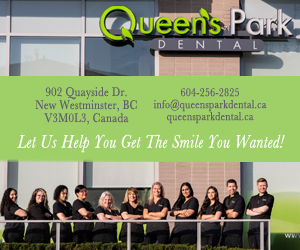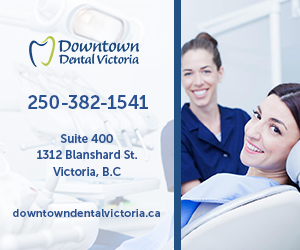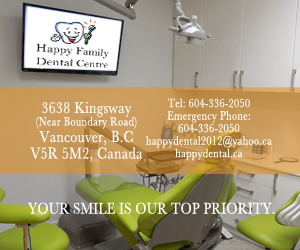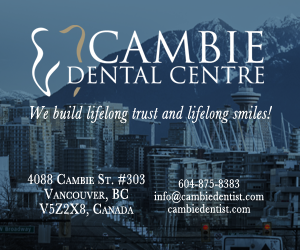It’s very important to understand that your dentist sees much more than just your teeth. Some health-related conditions that show up in the mouth include :
- Diabetes
- Oral cancer
- Temporomandibular disorder ( TMD )
- HIV / AIDS
- Thyroid problems
- Iron deficit / anemia
- Leukemia
- Eating conditions ( bulimia and anorexia )
Communication with your dentist is important. During your visit, talk with your dentist about your ongoing health issues so that he or she may provide help to you.
Your dentist may adjust your treatment if you have certain medical conditions, use certain prescription pharmaceuticals or are currently undergoing medical treatment , such as radiation or chemotherapy.
Diabetes
Studies show that gum illness and diabetes may affect one another. For instance, gum illness can intensify the complications linked with diabetes by growing blood sugar levels. High sugar levels over an extended time period are connected with premature degeneration of eyes, kidneys, nerves and blood vessels.
Studies have also shown that people with diabetes face a higher chance of developing oral diseases and gum illness than those who don’t have diabetes. The very good news is that the treatment of either gum illness or diabetes can end up in improvements in the other.
Your dentist has the training and experience important to evaluate your oral health, and to determine a course of treatment that’s best for you personally. Some of the most common oral health problems connected with diabetes are :
- Tooth decay
- Gum illness
- Dry mouth
- Fungal infections
- sores in the mouth
- Taste impairment
- Infection and delayed healing
If you are a diabetic, talk to your dentist about the best course of treatment for you. Make sure to let him or her know :
- If the diabetes is under control
- If you take insulin and when your last usual dose of insulin was administered
- If there’s been any other change in your medical record
- The names of all the herbal medicines, prescription and over-the-counter drugs you are taking
Oral Cancer
Your dentist can play an important role in the early identifying of oral cancer. Dentistry is about prevention and the dental examination is the foundation of good oral health. A dentist may notice sophisticated changes in the mouth that a patient won’t.
TMD ( temporomandibular disorder )
The jaw joints and groups of muscles that permit us chew up, swallow, talk and yawn are known as the temporomandibular. When there’s an issue with the way in which the muscles and joints work, you’ll have a temporomandibular disorder or TMD.
The leading indicators of TMDs are :
- Tender or sore jaw muscles. Your jaw might be rather more painful when you wake up, clench your teeth, chew your food or yawn.
- Problems opening or closing your mouth. It may be tough to open or close your jaws all the way, or your jaws may lock open or closed.
- Headaches that you cannot explain. You will also feel discomfort in your neck. These might be due to TMD, or by other problems. Tell your dentist AND your physician.
- A clicking or grinding noise when you chew or yawn. You will hear strange noises in your jaw joints , such as clicking or popping when you open your mouth, or crunching and grinding sounds when you chew.
The reason for TMD is not invariably clear, but mostly stress is a significant factor. These are some of the things which May lead to it :
Clenching and grinding your teeth. Clenching your jaw muscles can lead them to ache. Some people grind their teeth or clench their jaw muscles when they’re under stress.
Injury to your face or jaws. Broken ( or cracked ) jaws, a jaw joint which has been knocked out of place ( or dislocated ) and “whiplash” may lead to TMD.
Some illnesses , for example rheumatoid arthritis, may affect the jaw muscles and joints.
If your jaw doesn’t grow the correct way, your teeth may not line up the way that they should. This can make it tough to bite and gnaw, and may lead to TMD.
Other items that May light the way to TMD are :
- Worn, loose, or missing teeth
- Gum problems
- Partial or full dentures that aren’t the right fit
- Habits such as biting on your pen or pencil
Solution :
1. Relax. Be conscious of when you’re clenching your teeth. Try to relax your jaw muscles and keep them relaxed. If you need help studying how to relax, there are courses that can teach you. Ask your doctor or dentist.
2. Watch what you eat. Keep away from hard or sticky foods. Do not chew gum. Eat a soft diet and cut food into small pieces. Try to not open your mouth too wide, even when you yawn.
3. Massage and exercise. Rub ( or massage ) and stretch ( or exercise ) your jaw muscles. This may help ease stress, just like it does with other muscles in your body. But be light. Too much stretching or exercising could make the problem worse.
4. Utilize a compress. Your dentist may suggest putting a cold or warm compress on your sore jaw muscles, then rubbing ( or massaging ) them gently to help ease tense muscles. For a cold compress, use ice cubes wrapped up in a towel, or a bag of frozen vegetables such as peas. For a warm compress, use a hot water bottle or heating pad wrapped up in a towel, or a hot, damp material.
5. Remember the old chestnut, “Lips together … Teeth apart.” When you are relaxed, your teeth should be slightly apart, your tongue should be resting softly against the roof of your mouth and your lips should be relaxed and hardly touching or a touch apart. Try to keep your upper and lower teeth apart, except when you’re eating or swallowing.
6. Think positively. Nearly all TMD patients get better, there is however no “simple cure.” For some patients, once they understand that they clench their jaws, they make efforts to relax. They can ease their symptoms in one or two days or weeks. For others, it might take one or two weeks or one or two months before they feel a little bit better.











